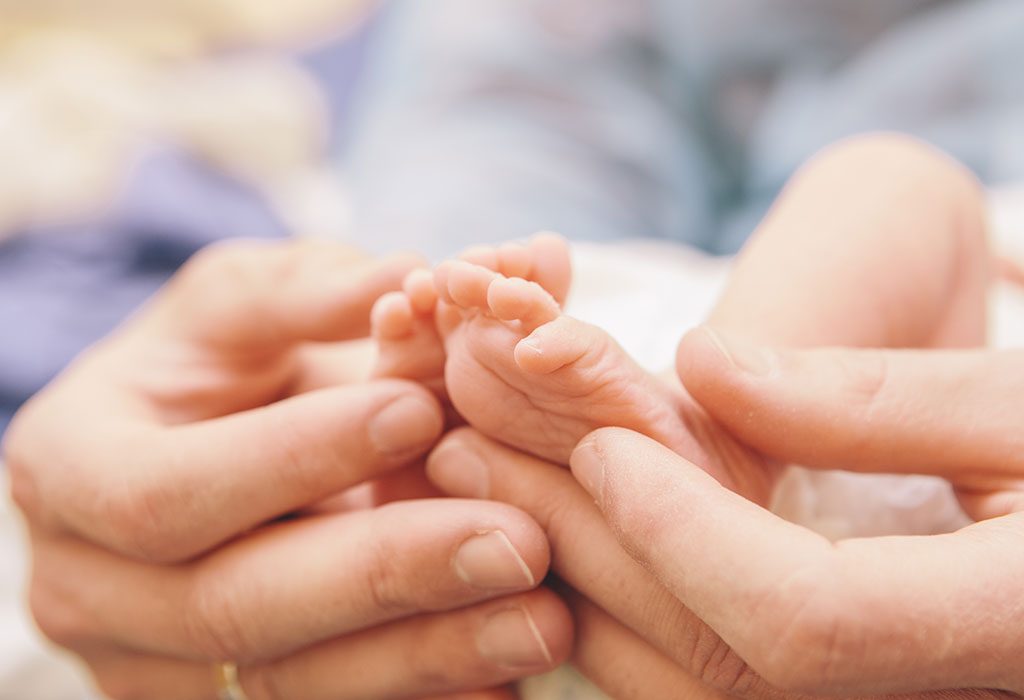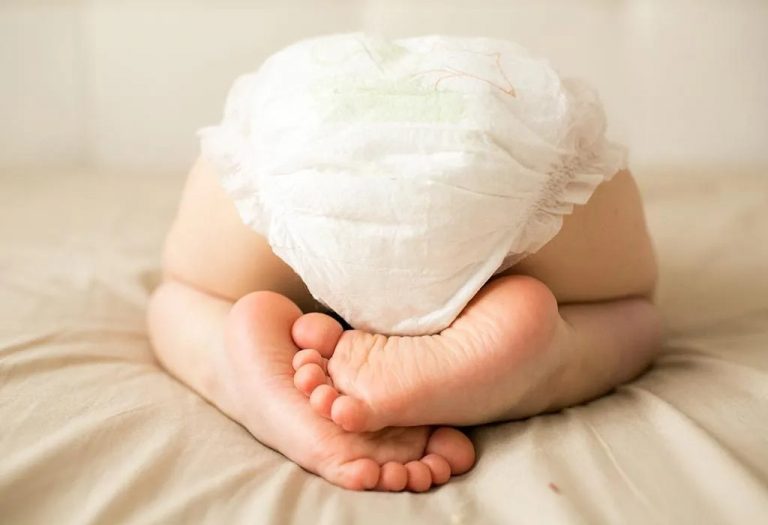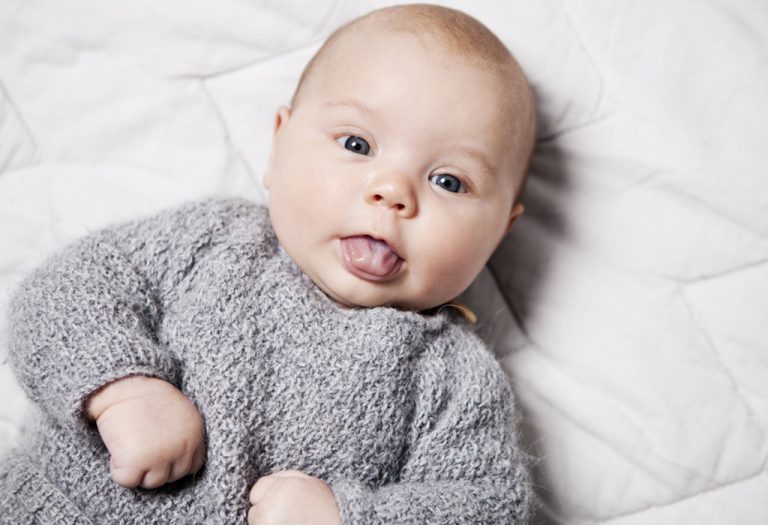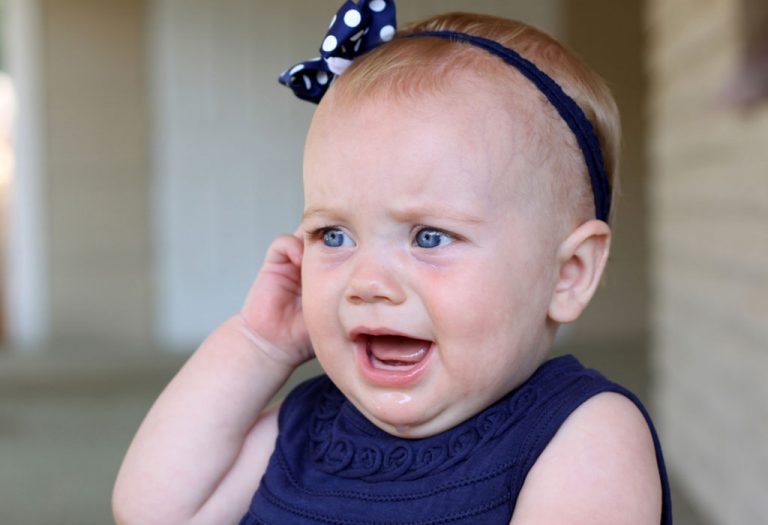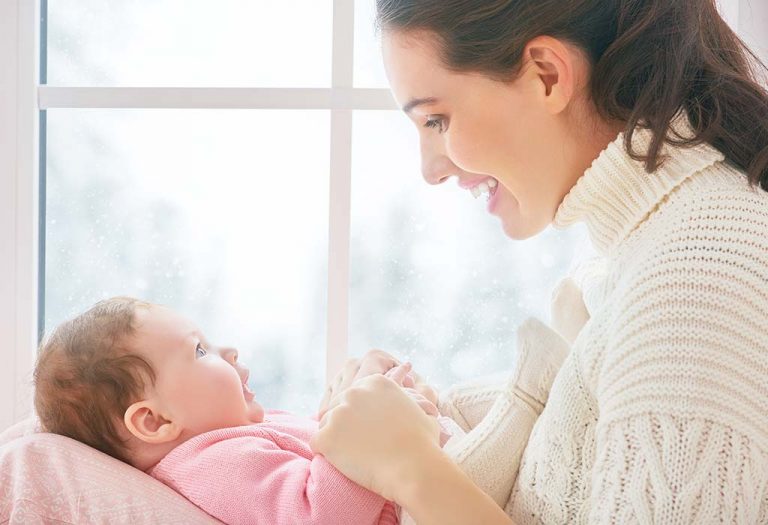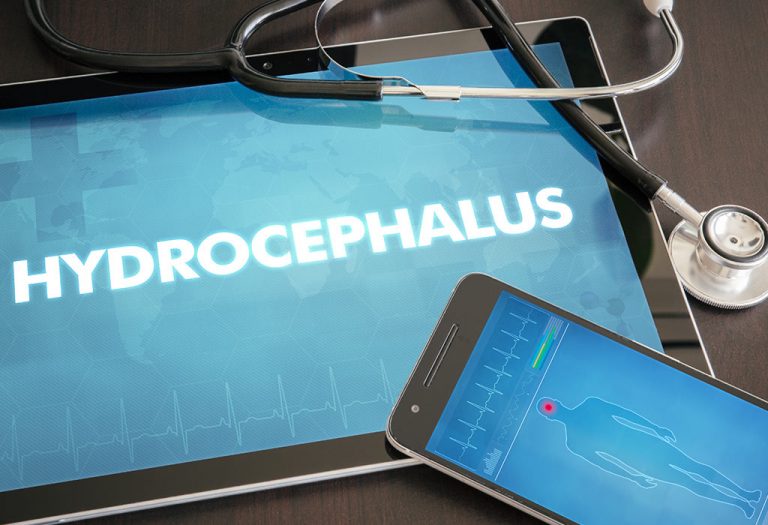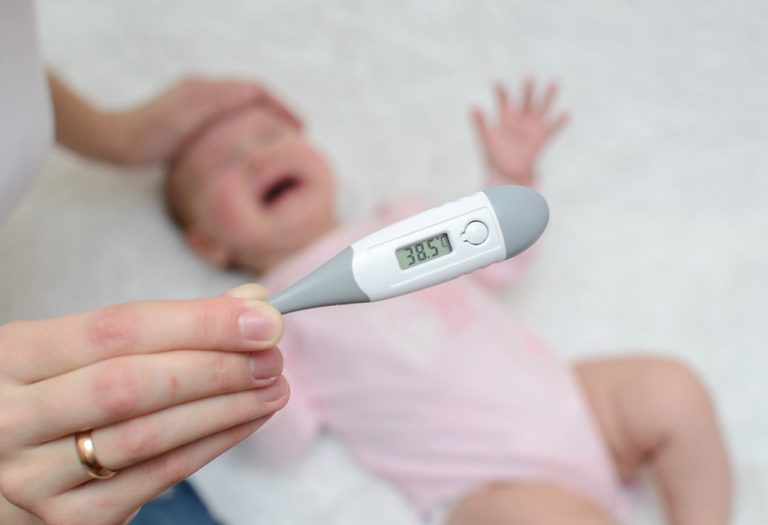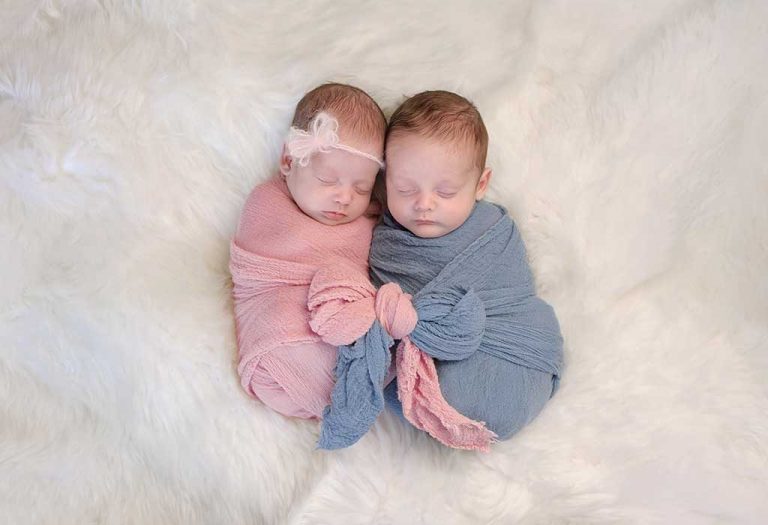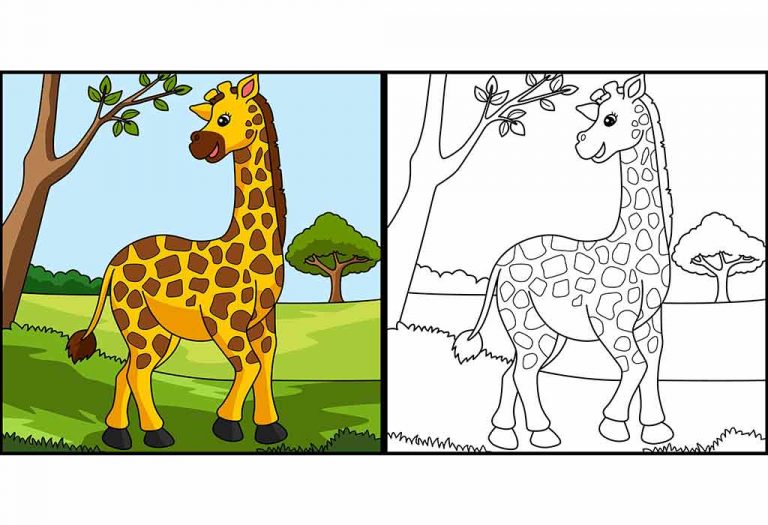Baby Have Cold Hands & Feet – Causes & FAQs
As a parent, you may come across a situation wherein your baby’s hands and feet are cold, but she doesn’t have a fever. Cold hands and feet are not unheard of in babies and are quite normal. Your little one can have cold limbs, even without an illness. If that’s the case for newborns with cold hands, there’s no need to worry.
In this article, we’ll delve into the reasons behind why babies’ hands and feet might feel cold, when it’s considered normal, and when you might need to consult a healthcare professional. By gaining a better understanding of this natural aspect of infant physiology, you can provide the best care for your little one while keeping unnecessary worries at bay.
Is It Normal for Baby’s Hand and Feet to Be Cold?
Various factors can contribute to a baby having cold hands, from basic reasons like chilly weather to more intricate possibilities such as underlying medical issues. Hence, it’s crucial to closely monitor your child and determine the cause of why the baby’s hands and feet are cold.
Why Do Babies Have Cold Hands and Feet?
Newborns are more likely to have cold hands and feet. There’s a simple explanation for this. As your baby’s circulation system tries hard to adapt to the outside world, the heat in the body gets diverted to the vital organs. This reduces the heat in her feet and hands, making it seem colder than the other parts of her body. Some other reasons include:
1. Immature Circulation
Newborns and young infants have developing circulatory systems. Their blood vessels are still adapting to regulate blood flow effectively, leading to uneven distribution of warmth and causing their extremities to feel cooler.
2. Temperature Regulation
Babies are less skilled at regulating their body temperature than adults. As a result, their bodies prioritize keeping their vital organs warm, sometimes causing their hands and feet to feel cooler in comparison.
3. Limited Body Fat
Babies generally have a lower percentage of body fat compared to older individuals. Since body fat helps retain heat, their reduced fat stores can make their hands and feet cooler, especially in colder environments.
4. Environmental Temperature
External temperatures play a significant role in how warm or cold a baby’s hands and feet feel. If the surrounding environment is chilly, their extremities might feel colder as their body focuses on conserving warmth for essential functions.
5. Response to Emotions
Babies’ bodies often react to their emotions. When they’re upset, anxious, or crying, it can affect blood flow to their extremities, making their hands and feet feel colder.
6. Maturation of Circulation
As babies grow and their circulatory system matures, their blood vessels become better at maintaining consistent blood flow. This development usually leads to warmer hands and feet over time.
What to Do If Your Child’s Limbs Are Cold?
You can do these things to restore the warmth to your baby’s limbs.
- Dress her up comfortably, make her wear a full-sleeved top and socks. The socks should keep her warm. Don’t make her wear a sweater or bundle her up in a blanket. Also do not make her lie naked on the bed.
- Use a thermometer and check your baby’s temperature. In case the body temperature is less than 97 degrees, you can use an additional blanket to keep her warm.
- Monitor the temperature in your baby’s nursery carefully. The optimal room temperature should range between 68°F to 72°F (20°C to 22°C). A room that’s too cold can raise the possibility of cold stress in infants as their blood vessels constrict to retain heat.
- If your baby displays any unusual symptoms, seek guidance from a medical professional. They can conduct necessary assessments and suggest appropriate interventions if needed.
When Should You Go to a Doctor?
If your baby has a high temperature and she is getting irritated and crying continuously, take her to a paediatrician.
FAQs
1. Is It Normal If My Baby’s Hand and Feet Cold at Night?
Yes, baby’s hands can be cold at night if the weather is cold.
2. Does Anemia, Low Blood Pressure and Malnutrition Make Baby’s Hand and Feet Cold?
Yes, anaemia, low blood pressure, and malnutrition can contribute to cold hands and feet in babies. Anaemia reduces the oxygen-carrying capacity of blood, affecting circulation and warmth. Low blood pressure can lead to poor blood flow to the extremities. Malnutrition can impact overall health, including circulation, potentially causing coldness in hands and feet.
Cold hands and feet are not a cause for concern but if your baby is not herself, you can always check with a doctor and do as he says.
References/Resources:
1. Babies in cold weather; pregnancybirthbaby.org.au; https://www.pregnancybirthbaby.org.au/babies-in-cold-weather
2. Raynaud’s Syndrome; kidshealth.org; https://kidshealth.org/en/parents/raynauds-syndrome.html
3. Cold Feet; my.clevelandclinic.org; https://my.clevelandclinic.org/health/diseases/23045-cold-feet
4. All About Baby’s First Cold; lancastergeneralhealth.org; https://www.lancastergeneralhealth.org/health-hub-home/motherhood/the-first-year/all-about-babys-first-cold
5. Sepsis in Newborns; my.clevelandclinic.org; https://my.clevelandclinic.org/health/diseases/15371-sepsis-in-newborns
Also Read:
Heat Stroke in Babies
Baby’s Head is Hot, But No Fever
Home Remedies for Cold and Cough in Infants


